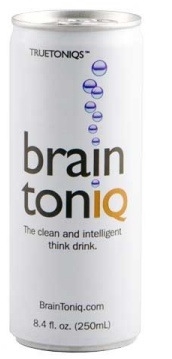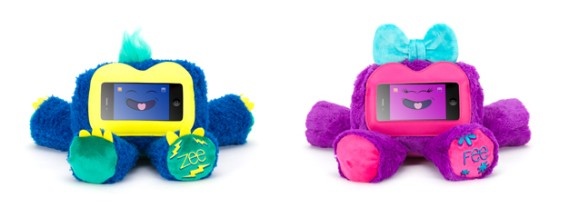DeviceBits (www.DeviceBits.com) — a software company that offers digital customer service platforms designed to help companies make available self-service customer support materials, released results of its latest survey on customer service trends. The survey shows a disconnect in how brands are evolving their customer support initiatives and the desired preferences consumers have in obtaining customer service information.
Driven by the instant gratification of mobile, social media and search engines, as well as today’s omni-channel retail strategies, consumers of every age group today are desiring the ability to obtain customer service queries on-demand, at their own leisure, rather than opting for traditional customer service channels such as call centers, according to DeviceBits. What’s more, consumers seek a more personalized customer experience from their favorite brands, and this includes everything from shopping to point-of-sale to now customer service.
The online DeviceBits survey presented to more than 570 brand customer experience executives found that 28% of brands said their customer support requests increased between 11%-15% last year, with another 28% saying support levels increased 5%-10%.
A second online DeviceBits survey was presented to more than 2,400 consumers across the U.S., where two-thirds said they would be interested in utilizing a self-service format for customer service.
Approximately 58% of brands regularly field customer service inquiries via social media, yet only 12.8% of brands say they offer personalized customer support online via their website (not including chat, which is not self-support).
Despite such few brands offering personalized customer service online, it still represents the third-largest channel for a successful outcome (15%) behind social media (21%) and in-store (18%).
Thirty-six percent of consumers say they would prefer to log online and search for their own customer service answers, most of any other channel available.
Almost 17% of consumers say social media is most helpful for customer service, followed by SMS text (14.9%), and online (13.9%).
“Brands are beginning to embrace the potential offered by automation technologies that leverage artificial intelligence, chatbots, and machine learning systems that can offer a truly personalized support experience for their customers,” said JC Ramey, CEO of DeviceBits. “In response, it’s clear that consumers, who have grown accustomed to self-support in a search-engine environment, now also want the customer service function of their favorite brands to follow a similar suit.”


![[NPL] MacTech Hosts Mac C/Pascal Prog Tutorials](https://www.mactech.com/wp-content/themes/Extra/images/post-format-thumb-text.svg)

